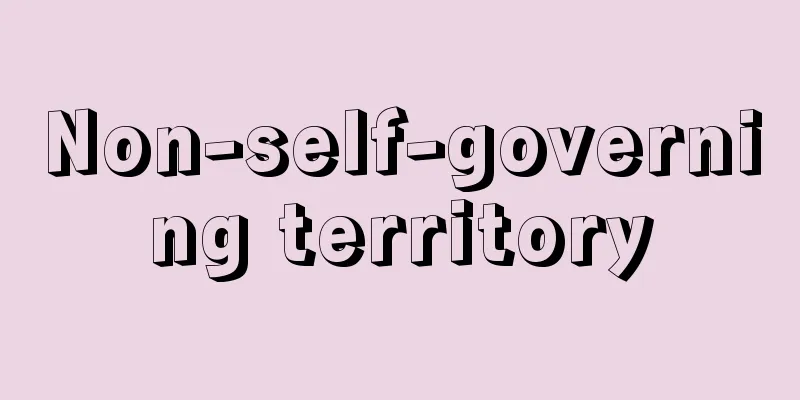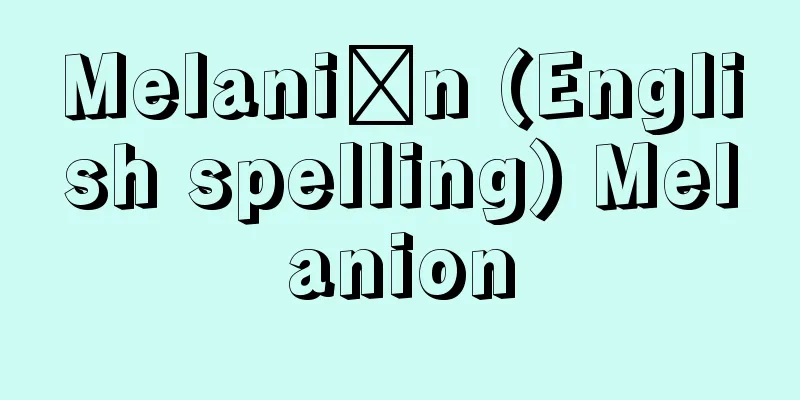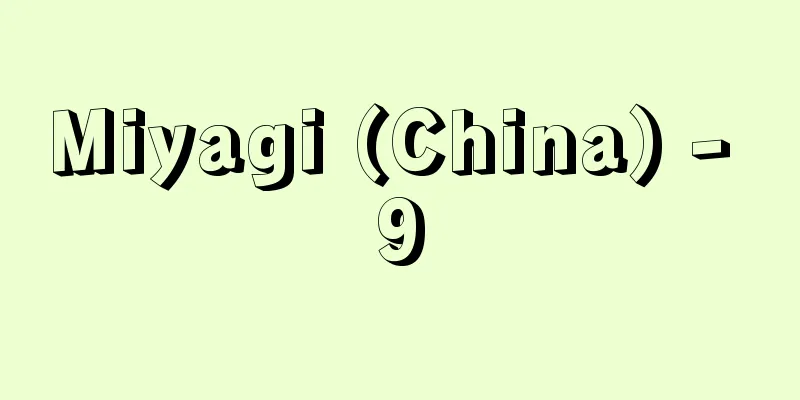Non-self-governing territory

|
Former colonies that have not become trust territories or independent countries since the end of World War II. The UN Special Committee on Decolonization recommends to the General Assembly that non-self-governing territories be covered by the Decolonization Declaration, among the territories not placed under the international trusteeship system established by the United Nations. The Special Committee on Decolonization reviews the situation of non-self-governing territories every year and updates the United Nations list of Non-Self-Governing Territories. The Declaration on Non-Self-Governing Territories in Chapter 11 of the UN Charter stipulates that Members of the United Nations who have or assume responsibility for the administration of territories whose peoples have not yet achieved complete self-government recognize the principle that "the interests of the inhabitants of these territories shall be paramount" and "accept as a sacred trust" the obligation to promote the welfare of the inhabitants of these territories. In 1946, the eight UN member states (USA, UK, Australia, Netherlands, Belgium, Denmark, New Zealand, France) identified 72 non-self-governing territories, but as of March 2014, this number has fallen to 16 (four of which are administered by the UN). The 16 territories on the list (administered by the UN in parentheses) are: American Samoa (USA), US Virgin Islands (USA), Anguilla (UK), British Virgin Islands (UK), Guam (USA), Cayman Islands (UK), Gibraltar (UK), Saint Helena (UK), Turks and Caicos Islands (UK), Tokelau (New Zealand), Western Sahara (which left Spanish administration in 1990), New Caledonia (France), Bermuda (UK), Pitcairn Islands (UK), Falkland Islands (UK), and Montserrat (UK). Of these, New Caledonia is scheduled to hold a referendum on independence after 2014, and in Guam, the Guam government's Decolonization Commission plans to hold a referendum in 2015 to determine the country's political stance on independence. [Editorial Department] [References] | | | | | | | | | | | | |New Caledonia| | | | | [Additional Materials] |Source: Shogakukan Encyclopedia Nipponica About Encyclopedia Nipponica Information | Legend |
|
旧植民地のうち、第二次世界大戦後、信託統治地域にも、独立国にもなっていない地域。国際連合の定める国際信託統治制度のもとに置かれなかった地域のうち、国連脱植民地化特別委員会が非植民地化宣言の適用を受けるべきとして、総会に勧告した地域をさす。脱植民地化特別委員会は非自治地域の状況を毎年調査し、非自治地域リストUnited Nations list of Non-Self-Governing Territoriesを更新している。国連憲章第11章の「非自治地域に関する宣言」では、人民がまだ完全に自治を達成していない地域の施政を行う責任を有し、または引き受ける国際連合加盟国は、「この地域の住民の利益が至上のものである」という原則を承認し、かつ、この地域の住民の福祉を増進する義務を「神聖な信託として受託する」と規定している。 1946年に国連加盟8か国(アメリカ、イギリス、オーストラリア、オランダ、ベルギー、デンマーク、ニュージーランド、フランス)が明らかにした非自治地域は72地域であったが、2014年3月の時点では16地域(施政国は4か国)に減少している。リストにある16の地域は以下のとおりである(カッコ内は施政国)。アメリカ領サモア(アメリカ)、アメリカ領バージン諸島(アメリカ)、アンギラ(イギリス)、イギリス領バージン諸島(イギリス)、グアム(アメリカ)、ケイマン諸島(イギリス)、ジブラルタル(イギリス)、セント・ヘレナ(イギリス)、タークス・カイコス諸島(イギリス)、トケラウ(ニュージーランド)、西サハラ(1990年にスペイン施政下を離脱)、ニュー・カレドニア(フランス)、バーミューダ(イギリス)、ピトケアン諸島(イギリス)、フォークランド諸島(イギリス)、モントセラト(イギリス)。 このうち、ニュー・カレドニアは2014年以降に独立に関する住民投票を行う予定で、グアムについては、グアム政府の脱植民地化委員会が2015年に独立に関する政治的な立場を決めるための住民投票を実施する予定である。 [編集部] [参照項目] | | | | | | | | | | | | | | | | | | | [補完資料] |出典 小学館 日本大百科全書(ニッポニカ)日本大百科全書(ニッポニカ)について 情報 | 凡例 |
<<: Skin Day Off - Elbow Day Off
Recommend
Eye Foot - Eye Foot
A large perennial grass (illustration) that grows ...
Manza [Hot Spring] - Manza
This hot spring is located in Tsumagoi Village, Ag...
Korea Artista Proleta Federatio (English) Korea Artista Proleta Federatio
...Abbreviation for Korea Artista Proleta Federat...
Yoshitaka
...Abstaining from meat and grains and eating onl...
Hiramaki Animal Group
This is a representative group of fossil mammals f...
Cormorant fishing - Ukai
A fishing method using trained cormorants (Japanes...
Wooden door - Itatobira
...In the Zen style, the perimeter is made up of ...
Bunger Oasis
...There are not many surveys done from here inla...
Ohaguro Dobu
...The number of prostitutes in Edo Yoshiwara num...
Itoman [city] - Itoman
A city in the southernmost part of Okinawa Island,...
Sea butterfly (Argulus scutiformis)
A type of external parasite that attaches to the s...
Chernobyl Nuclear Disaster - Chernobyl Nuclear Disaster
On April 26, 1986, a nuclear reactor explosion and...
irrationalism
...Marx's dialectical materialist understandi...
Ise Bay
A large bay on the Pacific coast in the center of...
Passing through
The title of a Japanese song. It is based on a chi...









